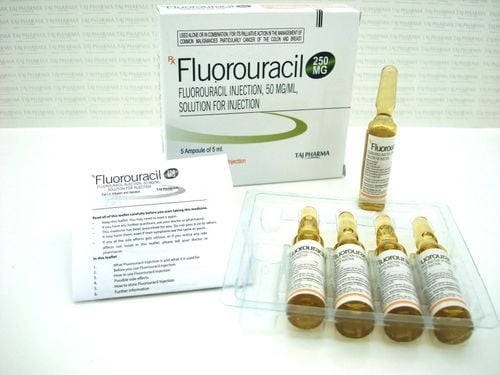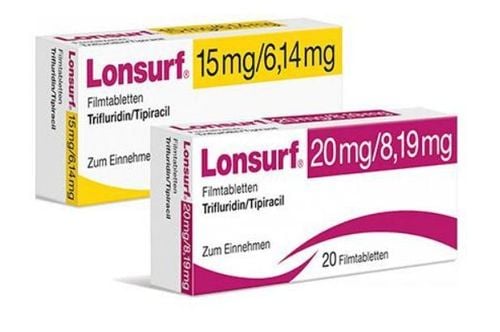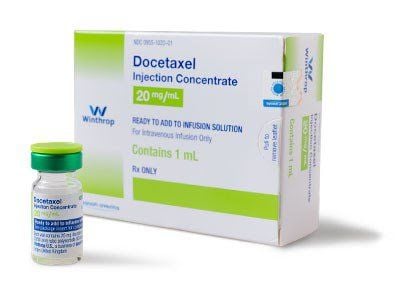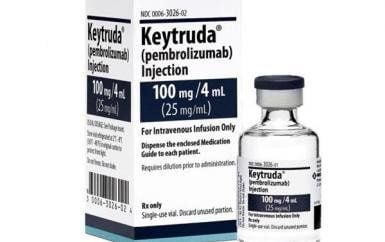This is an automatically translated article.
How long does stomach cancer take to progress? Stomach cancer begins to form in the mucosal layer, gradually growing into a tumor with a slow nature over many years. Therefore, if you have symptoms of the disease along with other risk factors, you need to see a doctor to be screened and treated at an early stage.
1. What causes stomach cancer?
The exact cause of stomach cancer is not known, but factors that increase the risk have been identified. In which, the most common are H.pylori bacteria that cause peptic ulcers, gastritis causing prolonged anemia and gastric polyps. In addition, the development of stomach cancer can also occur under the influence of a number of other factors including:
Smoking Being overweight or obese Diet high in smoked, pickled or salty foods Surgery Surgery stomach ulcers Blood type A Epstein-Barr virus infection Certain genes Work in the coal, metal, wood or rubber industries Exposure to asbestos
Trắc nghiệm: Bạn có biết những sự thật này về dạ dày không?
Hoạt động của dạ dày là một hoạt động quan trọng giúp cơ thể dung nạp và chuyển hóa dinh dưỡng từ thực phẩm hàng ngày. Tuy nhiên, không phải ai cũng biết rõ về dạ dày cũng như các vấn đề xoay quanh hoạt động tiêu hóa thức ăn của nó. Hãy cùng tìm hiểu kỹ hơn trong bài trắc nghiệm dưới đây.
Bài dịch từ: webmd.com
2. How quickly does stomach cancer progress?
Early on, the progression of stomach cancer can cause symptoms such as:Indigestion Feeling bloated after a meal Heartburn Mild nausea Loss of appetite

Just having indigestion or heartburn after a meal doesn't mean you have cancer. However, these are the early symptoms of cancer, so it is prudent to see a doctor to treat these symptoms, to avoid worsening the condition, which can facilitate the progression of stomach cancer. develop .
As stomach cancer progresses, you may experience more serious symptoms, such as:
Abdominal pain Blood in stool Vomiting Unexplained weight loss Difficulty swallowing Yellowish skin or eyes Stomach bloating Constipation or diarrhea Weakness or fatigue Heartburn
The development of stomach cancer takes place slowly over many years, with each stage having different levels of invasiveness of cancer cells, specifically as follows:
Stage 0: Stage 0 used refers to a group of abnormal cells that can turn into cancer in the lining of the stomach. At this stage, surgery can often cure the disease completely. In that case, part or all of the stomach along with nearby lymph nodes may be removed. Stage I: Stage I refers to a tumor in the lining of the stomach and potentially advanced stomach cancer that has spread to the lymph nodes. As with stage 0, the solution used for stage I is surgical removal of part or all of the stomach and nearby lymph nodes. Alternatively, chemotherapy or radiation therapy may be used before and after surgery to shrink the tumor and kill any remaining cancer cells, respectively. Stage II: In stage II, cancer cells have spread into the deeper layers of the stomach, and it is possible that advanced stomach cancer has metastasized to nearby lymph nodes. Surgical removal of part or all of the stomach as well as nearby lymph nodes remains the mainstay of treatment. Chemotherapy and radiation therapy before and after surgery are also used for combination therapy. Stage III: In stage III, cancer cells may have spread to all layers of the stomach and metastasized to nearby organs such as the spleen or colon. Cancer cells may be smaller, burrowing deeper into your lymphatic system. Total gastrectomy combined with chemotherapy or radiation is often used for this stage. There is a possibility of a cure, if not, at least it can help relieve the symptoms of the disease. If you're too weak for surgery, you may be offered chemotherapy, radiation, or a combination of both, depending on how your body responds. Stage IV: In this late stage, advanced stomach cancer has spread far and wide to organs such as the liver, lungs, or brain. Treatment can be difficult, but your doctor can help you manage your condition and ease your symptoms.

If the tumor is blocking part of the digestive system, you may be suggested to use the following measures:
Perform a laser ablation procedure on a gastroscope Stent between the stomach and esophagus or stomach and small intestine Gastrectomy to make a line around the tumor. Surgery to remove part of the stomach Chemotherapy, radiation therapy, or both may also be used at this stage. Targeted therapy uses drugs that attack cancer cells, but not healthy cells, which can cause fewer side effects.
3. Diagnosing stomach cancer
Stomach cancer is not usually recommended by doctors for routine screening because it is a rare disease. However, if you are at high risk, your doctor will give you instructions on how to monitor the disease.
To diagnose stomach cancer, your doctor will start with a physical exam, taking your medical history to find out if you have any risk factors, and a family history of cancer. . Then your doctor may recommend the following tests:
Blood tests to look for signs of cancer in the body. Gastroscopy through an endoscope to observe the stomach's activity Contrast X-ray of the upper gastrointestinal tract with Barium to show the stomach more clearly CT scan: Uses a powerful type of X-ray to take detailed pictures of the inside of the body Biopsy : A small piece of tissue from the stomach is removed for histopathology to look for cancer cells. Biopsy is usually done during gastroscopy.
4. How to prevent stomach cancer?
Treat stomach infections: If you have an ulcer caused by an H. pylori infection, get treatment. Antibiotics can kill bacteria and other drugs will heal ulcers in the lining of the stomach to reduce the risk of cancer. Eat healthy: Add fresh fruits and vegetables to your diet every day. They are rich in fiber and certain vitamins that may reduce the risk of cancer. Avoid overly salty, pickled, salted or smoked foods such as hot dogs, processed lunch meats, or smoked cheeses. Keeping a healthy weight because being overweight or obese can also increase your risk of stomach cancer. Don't smoke: Stomach cancer risk doubles if you use tobacco Monitor your use of aspirin or NSAIDs: If you take daily aspirin to prevent heart problems or an NSAID for arthritis, Talk to your doctor to prevent these medications from affecting your stomach.

Stomach cancer is an increasingly common gastrointestinal cancer. Early diagnosis and treatment will lead to better treatment opportunities and prolong life.
Currently, Vinmec International General Hospital has been and continues to be fully equipped with modern diagnostic facilities such as: PET/CT, SPECT/CT, MRI... biology, immunohistochemistry, genetic testing, molecular biology testing, as well as a full range of targeted drugs, the most advanced immunotherapy drugs in cancer treatment. Multimodal cancer treatment from surgery, radiation therapy, chemotherapy, hematopoietic stem cell transplantation, targeted therapy, immunotherapy in cancer treatment, new treatments such as autoimmunotherapy body, heat therapy...
After having an accurate diagnosis of the disease and stage, the patient will be consulted to choose the most appropriate and effective treatment methods. The treatment process is always closely coordinated with many specialties to bring the highest efficiency and comfort to the patient. After undergoing the treatment phase, the patient will also be monitored and re-examined to determine whether the cancer treatment is effective or not.
Please dial HOTLINE for more information or register for an appointment HERE. Download MyVinmec app to make appointments faster and to manage your bookings easily.
Reference source: webmd.com












